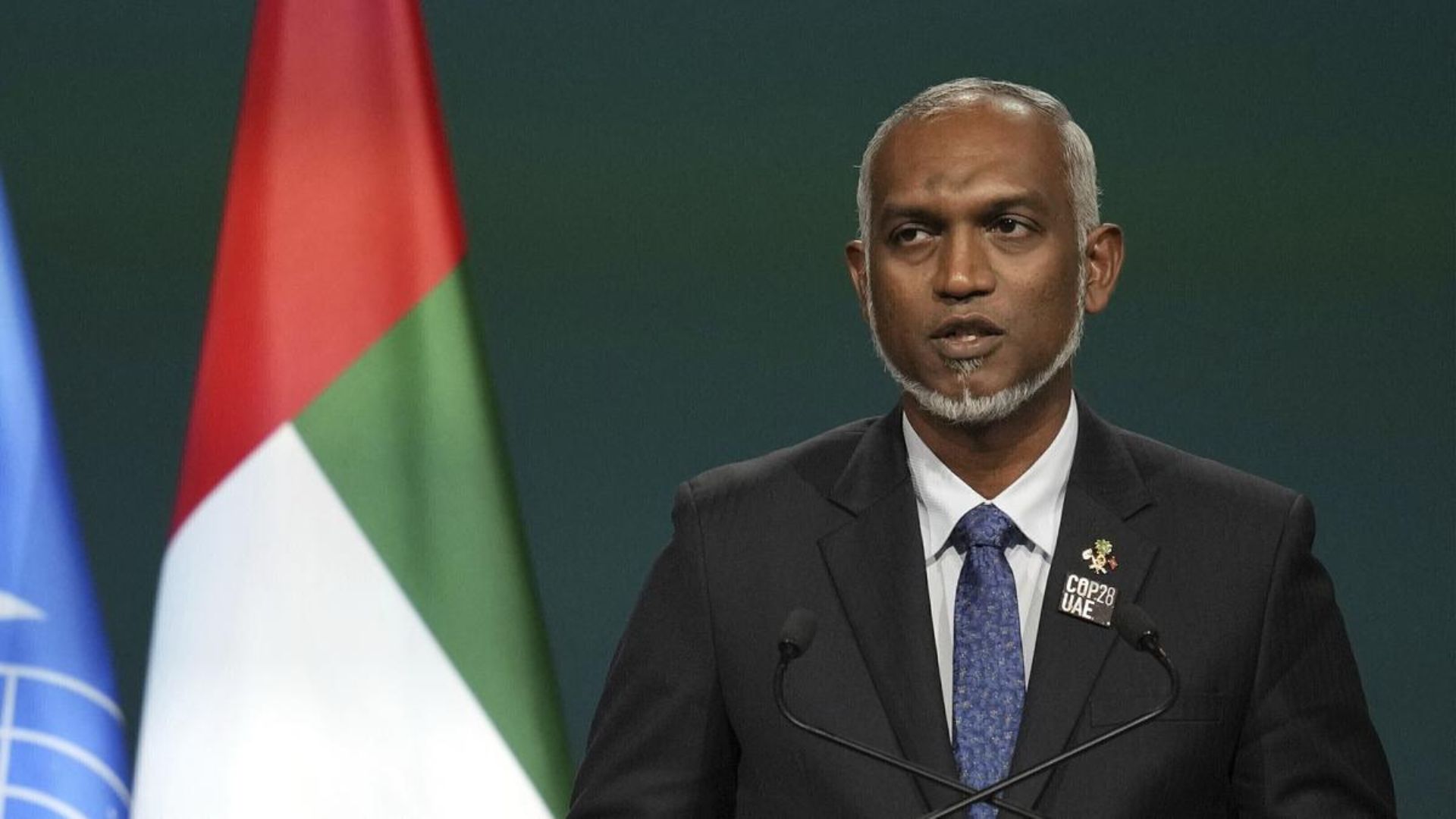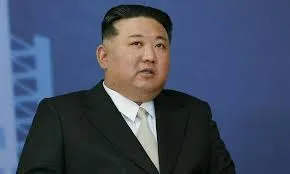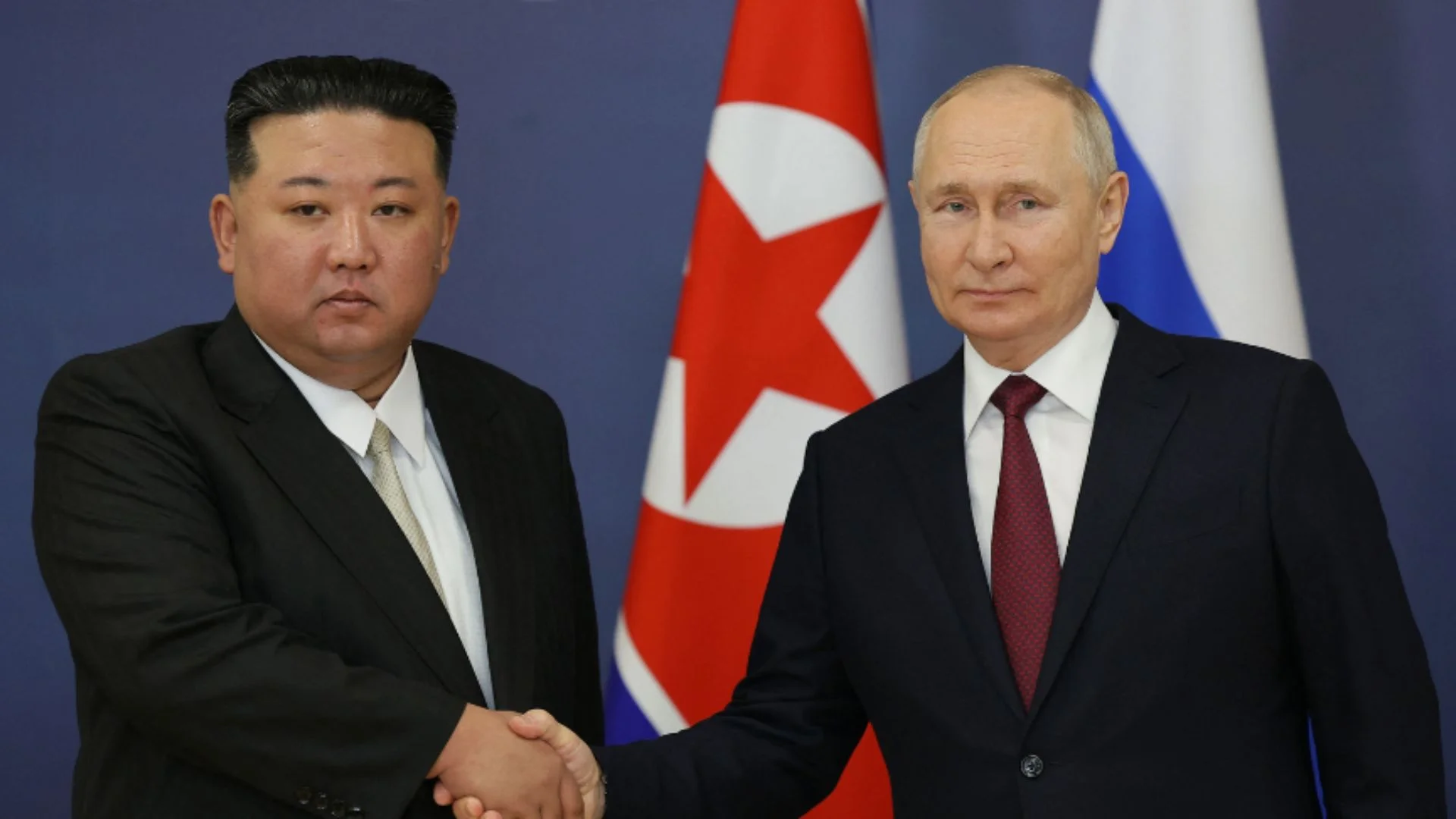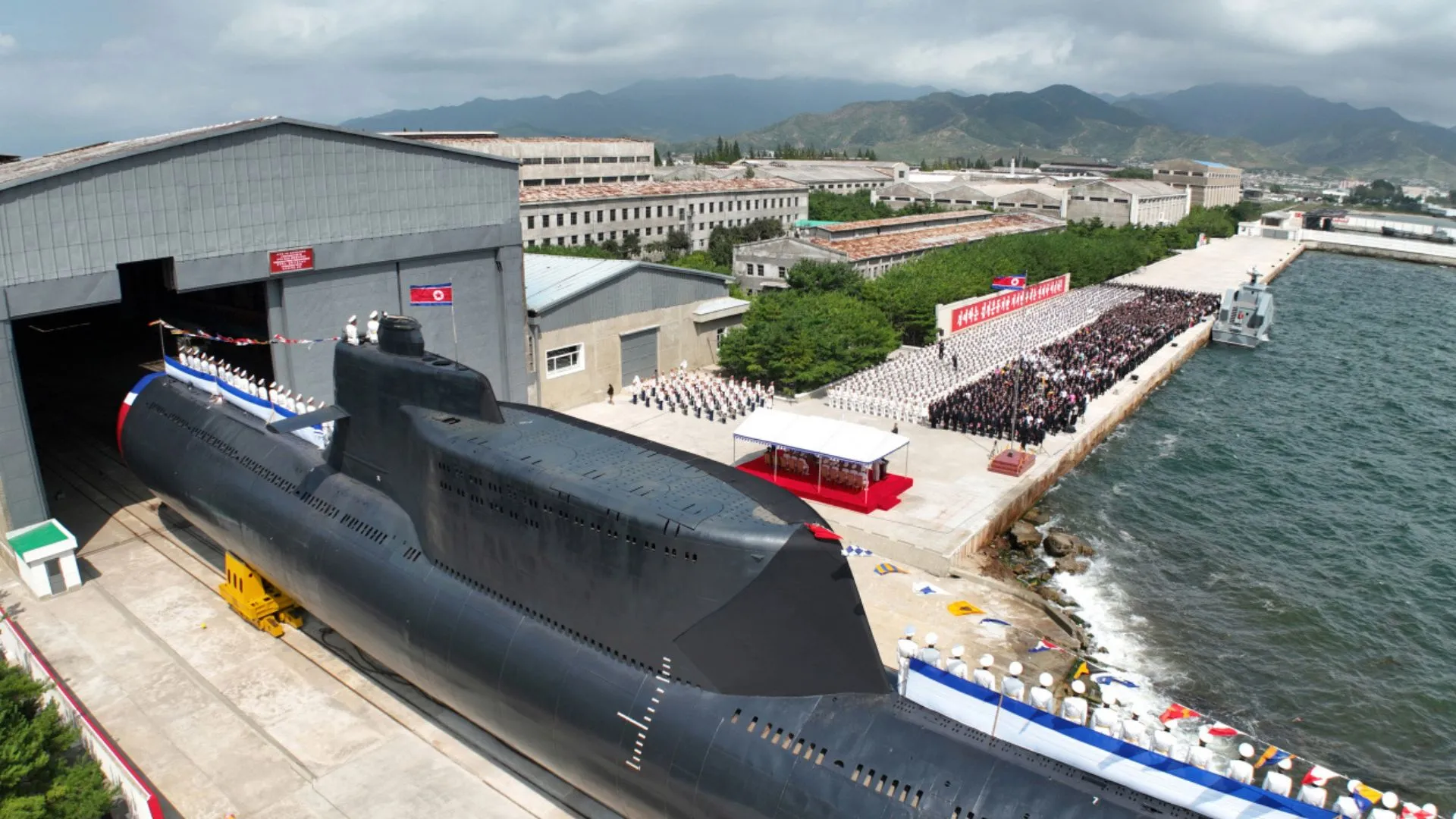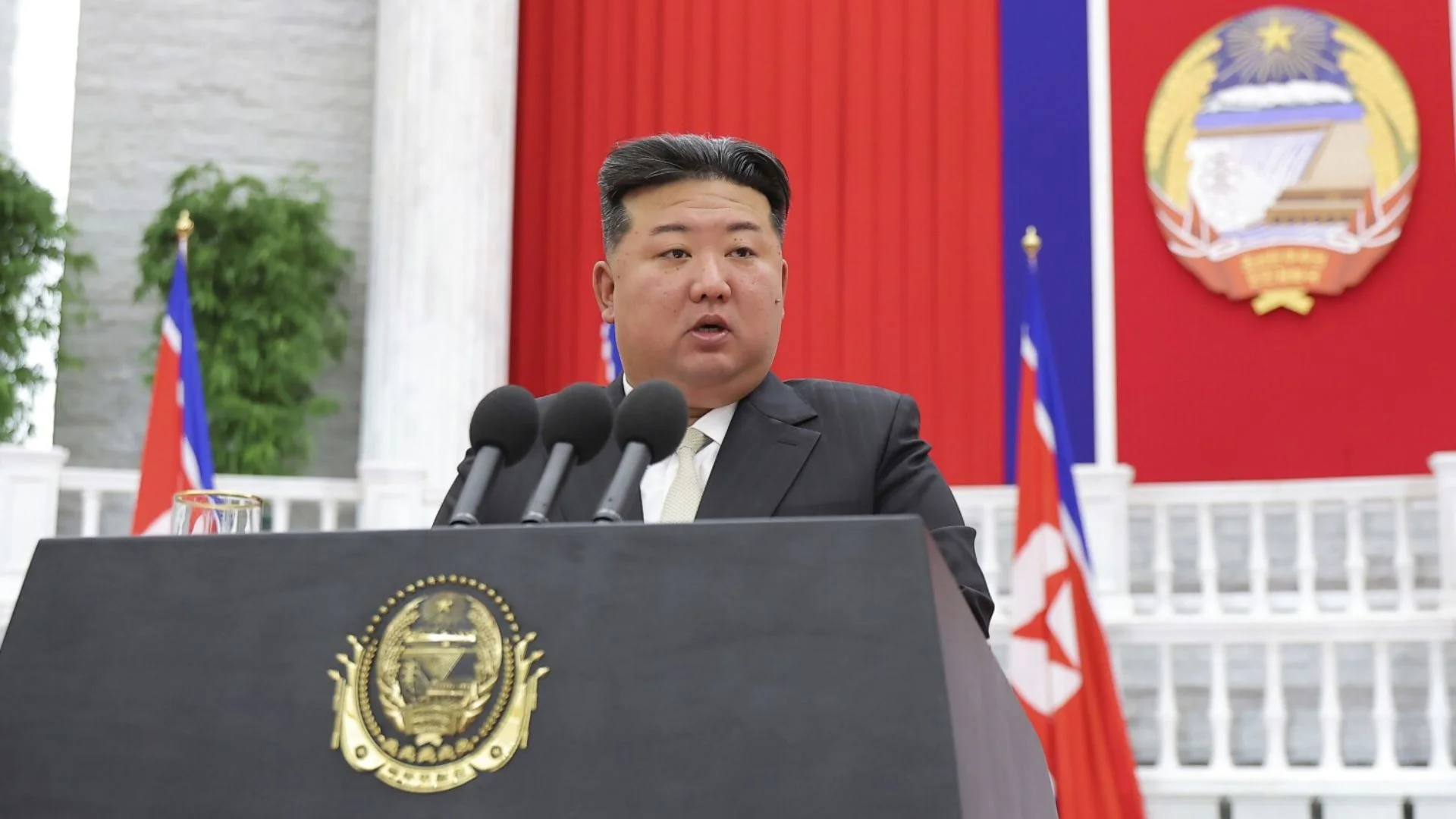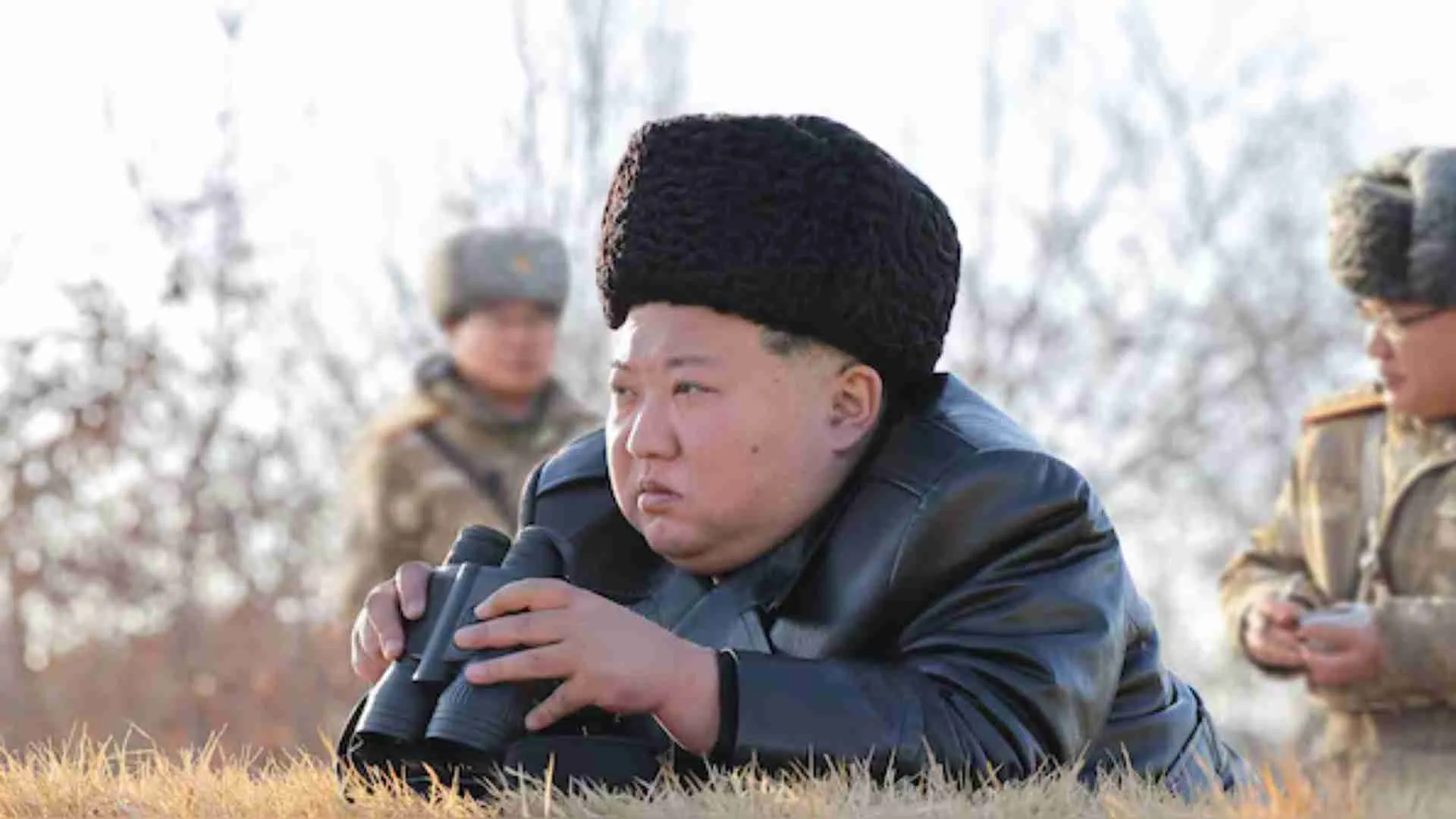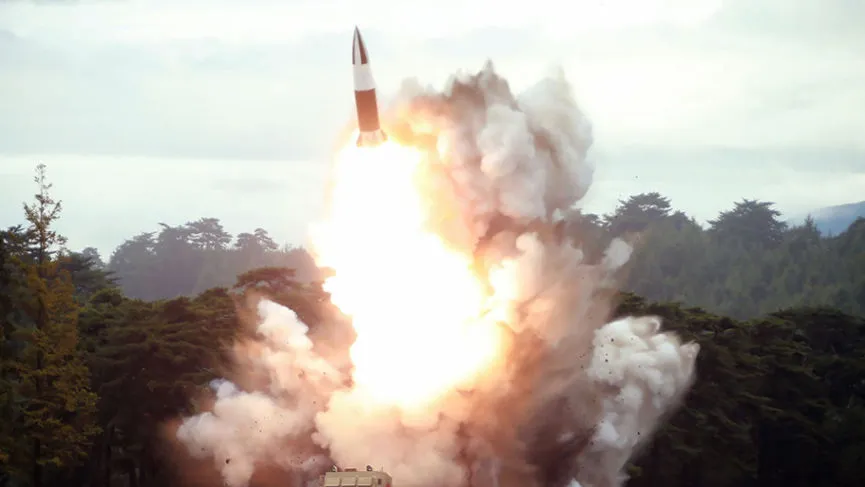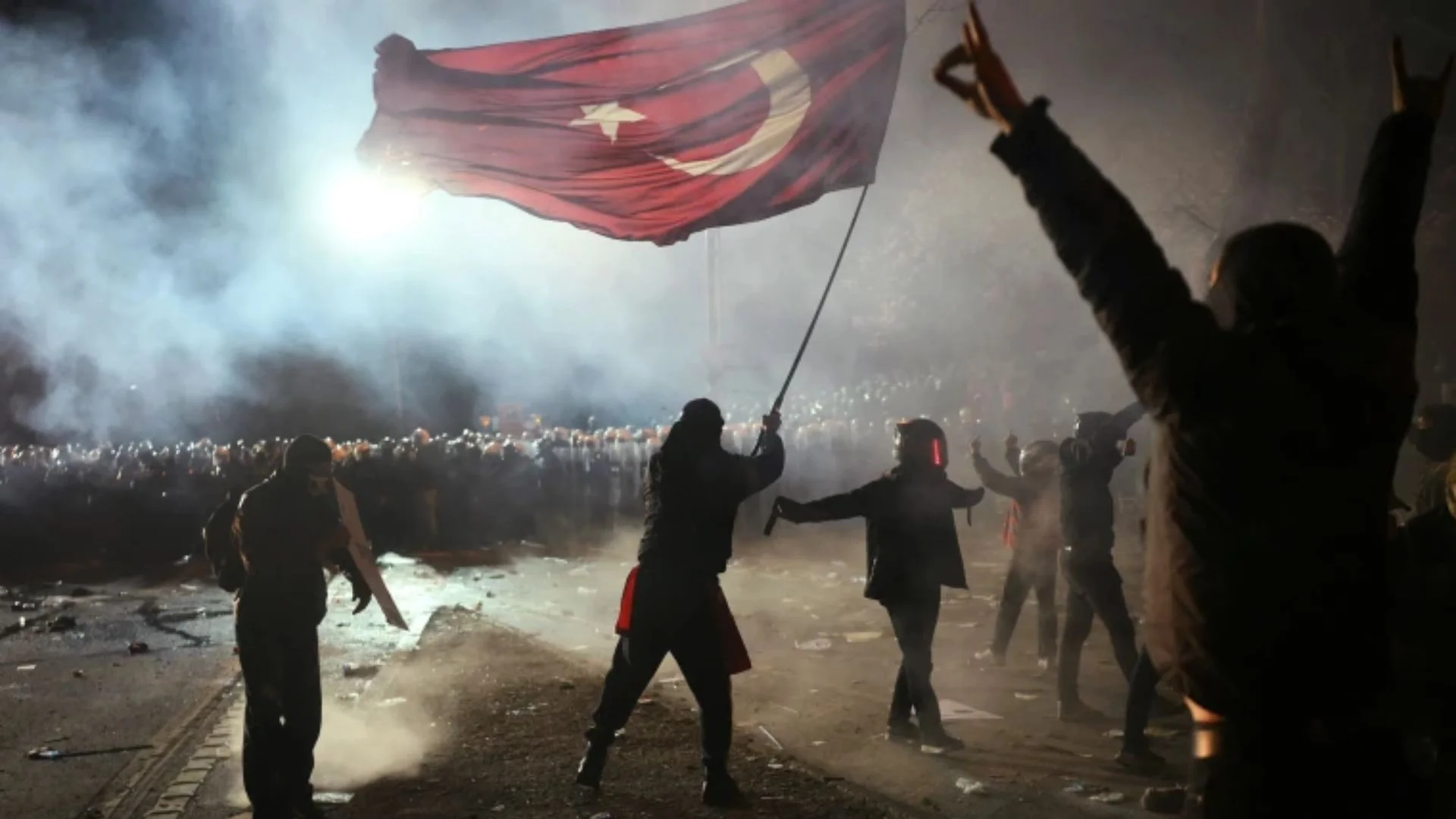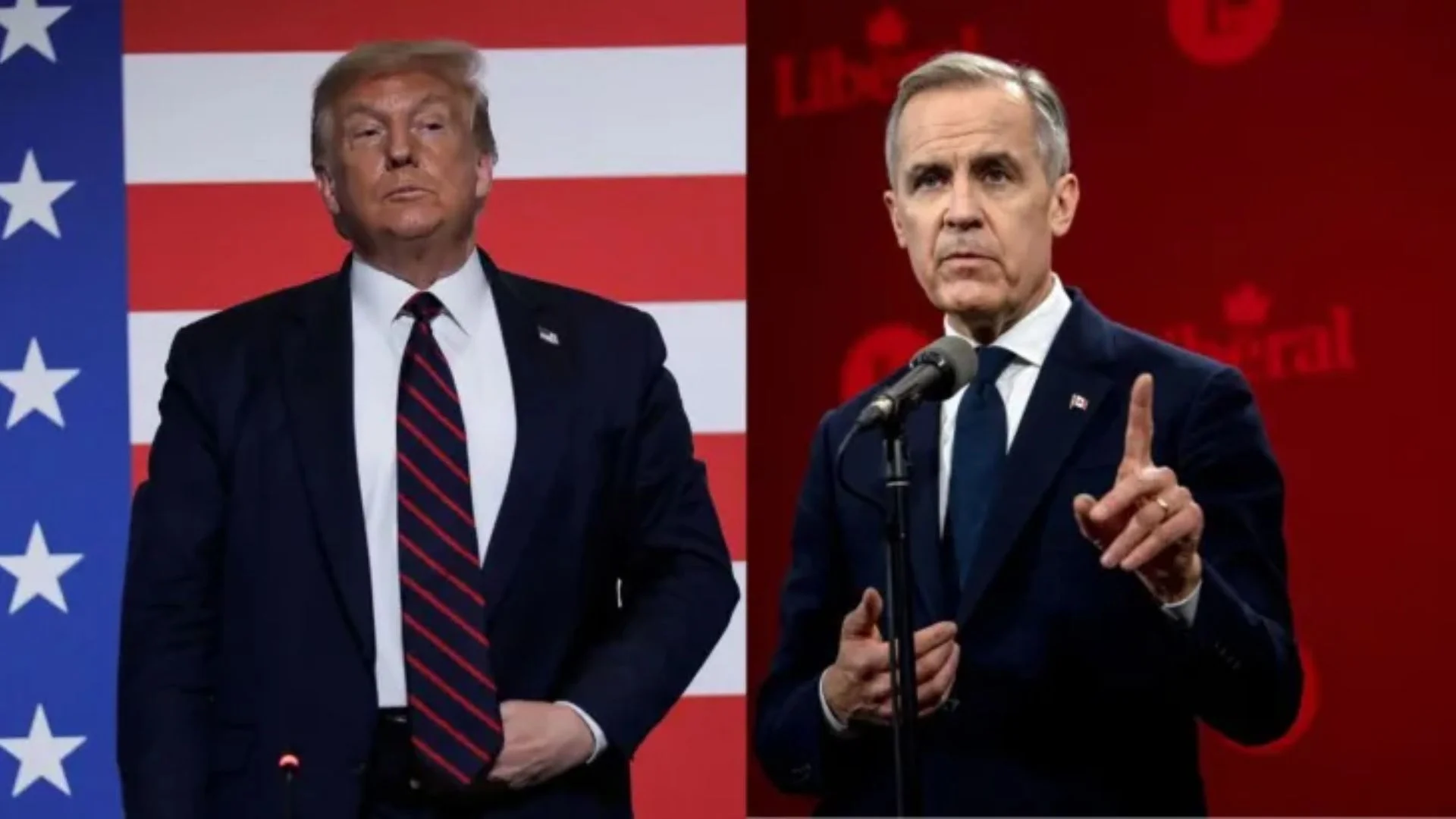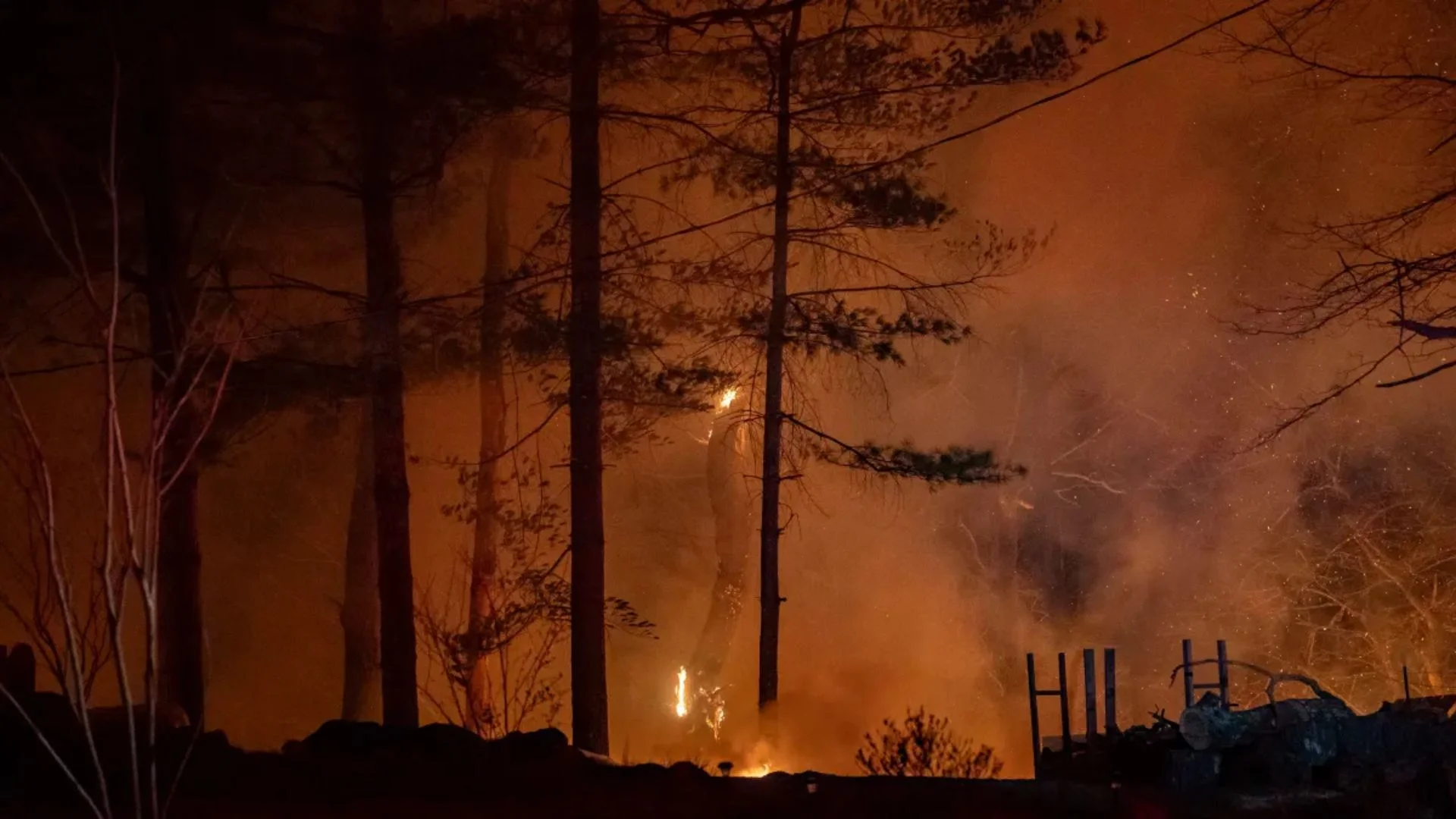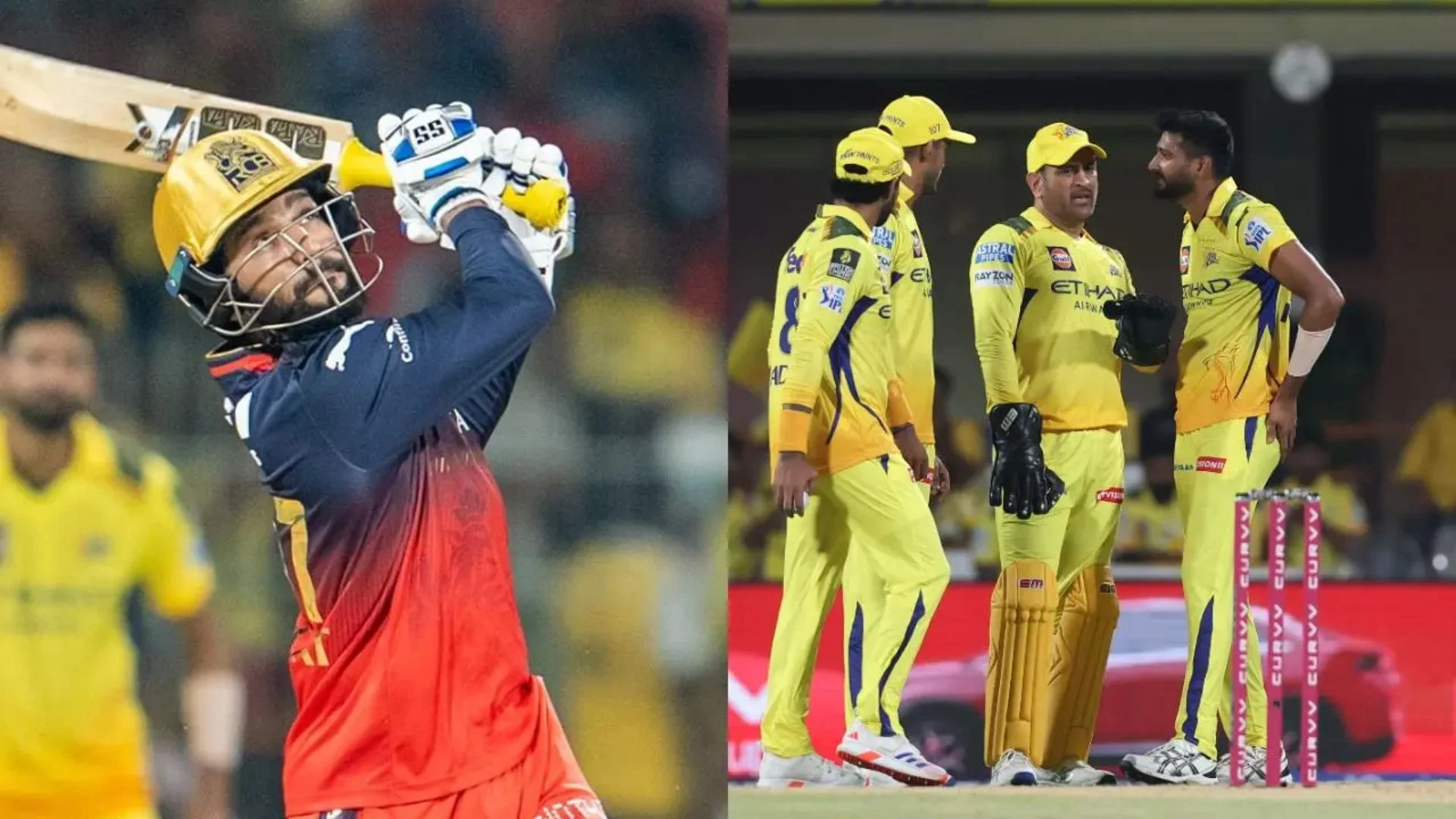Ahead of a significant bilateral meeting with Prime Minister Narendra Modi, Maldives President Mohamed Muizzu emphasized the need for financial assistance from India. He expressed confidence that India, being one of Maldives’ largest development partners, is aware of the island nation’s economic challenges and will continue to provide support to alleviate its financial burden.
Muizzu’s presidency has seen some strain in India-Maldives relations, especially as he rose to power in November with an ‘India Out’ campaign as a key election promise. Despite this, Muizzu arrived in New Delhi on Sunday for his first official state visit since taking office. During his five-day visit, which includes stops in Agra, Mumbai, and Bengaluru, he is expected to engage in discussions aimed at rebuilding bilateral ties.
Warm Reception in India
Upon his arrival, Muizzu was welcomed at the airport by Minister of State for External Affairs, Kirti Vardhan Singh. External Affairs Minister S. Jaishankar also met with the Maldives President, expressing appreciation for Muizzu’s commitment to strengthening India-Maldives relations. Jaishankar expressed optimism about the upcoming talks with Prime Minister Modi, stating that they would “give a new impetus to our friendly ties.”
Muizzu’s Key Objective
In an interview with the BBC prior to his departure, Muizzu outlined the primary goal of his visit. He highlighted that India, fully aware of the Maldives’ fiscal difficulties, will be instrumental in finding solutions. He expressed hope for continued Indian support, emphasizing India’s role in easing the country’s financial strain. Currently, India has already provided $1.4 billion in financial aid to the Maldives for various development projects.
Maldives’ Economic Challenges
The Maldives faces significant economic challenges, with foreign exchange reserves dropping to just $440 million, enough to cover only 1.5 months of imports. In light of these financial difficulties, global credit rating agency Moody’s downgraded the Maldives’ credit rating last month, citing heightened risks of debt default. However, Muizzu reassured that the country is not on the verge of a sovereign debt default and will not seek an International Monetary Fund (IMF) bailout, instead relying on a “home-grown agenda” to manage the crisis.
Strained Military Relations
The relationship between India and the Maldives faced additional tension after Muizzu’s election, as he requested the withdrawal of Indian military personnel stationed in the Maldives. The two countries agreed on the removal of around 80 Indian military personnel by May of this year, while Indian technical staff continue to operate helicopters and aircraft in the Maldives. Following the completion of this withdrawal, high-level visits between the two nations resumed, signaling efforts to mend ties.
A Shift in Tone
Muizzu, while avoiding direct reference to his previous anti-India stance, adopted a more conciliatory tone in recent remarks. He expressed confidence that any differences between the two nations could be resolved through “open dialogue and mutual understanding.” Muizzu also reiterated that his government’s foreign policy prioritizes the Maldives’ interests, with the goal of fostering peaceful and respectful relationships with other countries, including India.
Looking Forward to Strengthening Bilateral Ties
During his visit, Muizzu is set to meet with President Draupadi Murmu and engage in discussions with Prime Minister Modi on key bilateral, regional, and global issues of mutual interest. India considers the Maldives a key maritime partner in the Indian Ocean Region, playing a central role in India’s ‘SAGAR’ initiative (Security and Growth for All in the Region) and the ‘Neighbourhood First’ policy. According to the Ministry of External Affairs, this visit highlights the importance of the relationship and is expected to further strengthen cooperation and people-to-people ties between the two nations.

